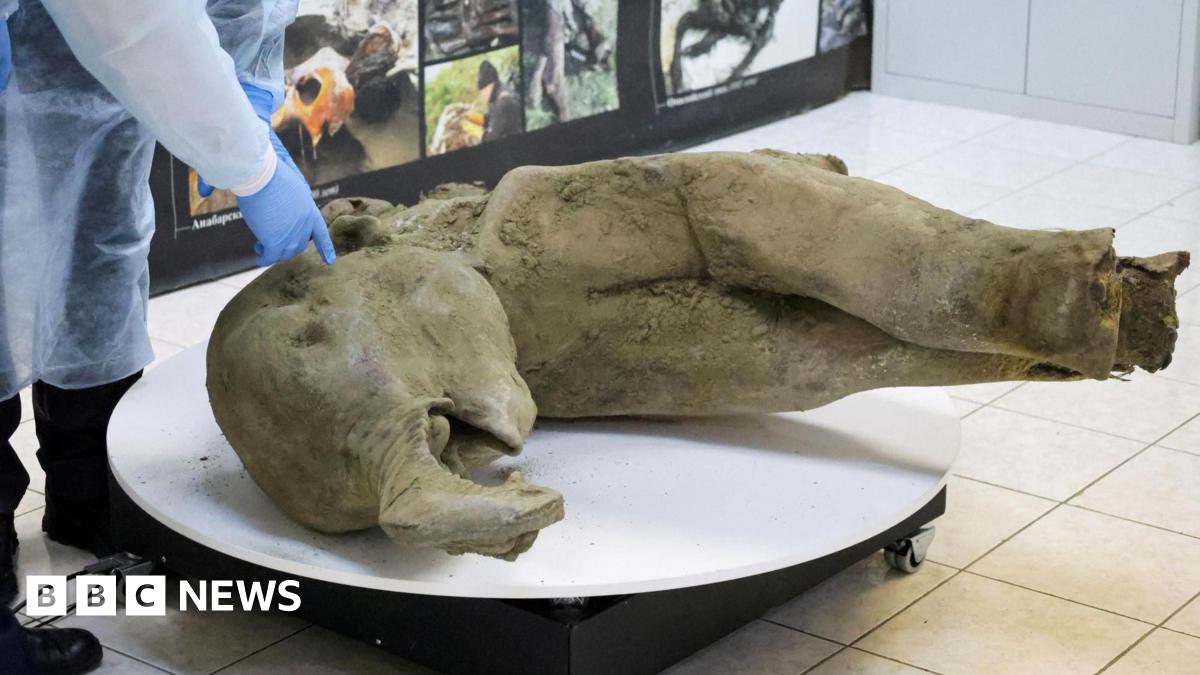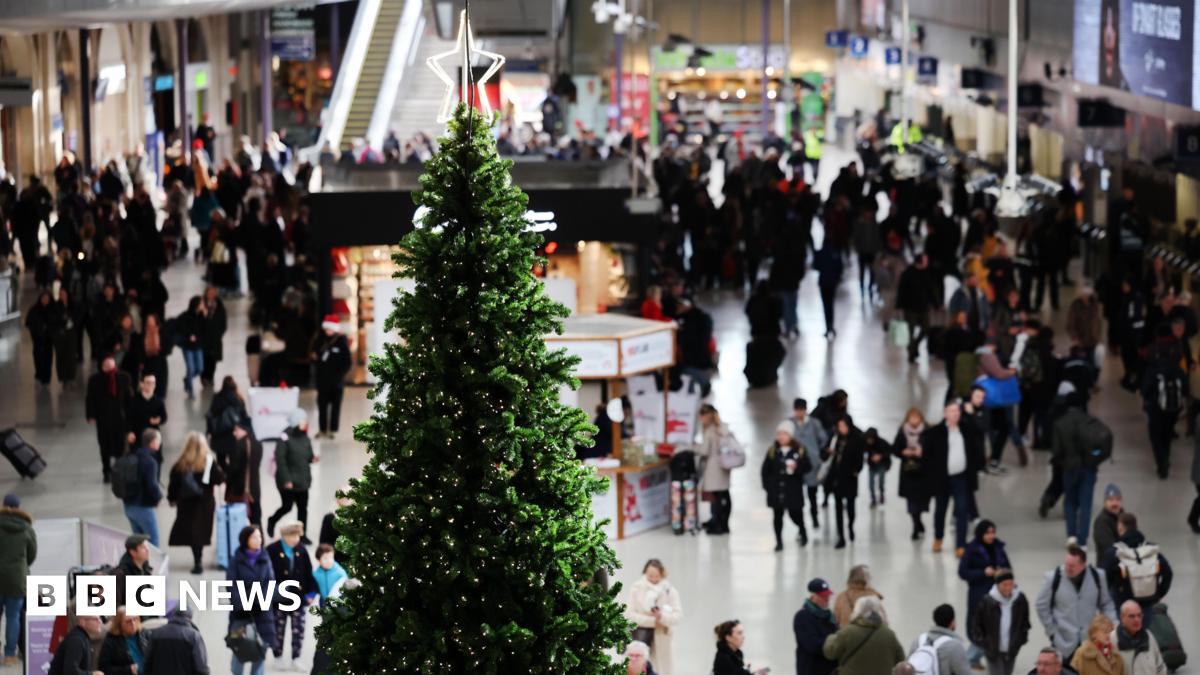Mauritius's deputy prime minister has hinted that negotiations with the UK over the future of the Chagos Islands are being held up over the amount of money involved.
Under the terms of the original agreement, which was announced in October, the UK would relinquish sovereignty to Mauritius over the archipelago but maintain a 99-year lease for Diego Garcia, home to a major UK-US military airbase.
But a new government in Mauritius, elected since that deal was agreed, has said it wants to see some changes.
The proposed deal has also attracted criticism in the UK, with the opposition Conservative party calling it a "monumental failure of statecraft".
When the agreement was first made public after years of talks, UK Prime Minister Sir Keir Starmer and the then Mauritian Prime Minister Pravind Jugnauth called it a "seminal moment in our relationship and a demonstration of our enduring commitment to the peaceful resolution of disputes and the rule of law".
It sought to end decades of uncertainty and dispute over the status of the islands.
In a joint statement issued on Friday, the UK and Mauritius said they were committed "to finalising a treaty as quickly as possible" that included both the "secure and effective operation of the existing base on Diego Garcia and that Mauritius is sovereign over the archipelago".
They added that "ongoing conversations" were productive.
The new Mauritian government, elected in a landslide last month, has not been explicit in public about what exactly its problems with the deal were.
But talking to his constituents on Sunday, Deputy Prime Minister Paul Bérenger spoke about the money involved.
As part of the October agreement, the UK said it would provide a package of financial support to Mauritius, including annual payments and infrastructure investment.
"This base existed on our land, on our territory... but not only it is [about] our sovereignty. There are some things you can't accept if you're a true patriot. They are trying to make us sign and they are quibbling on a small amount," Bérenger said.
Speaking in parliament last week about the negotiations Bérenger admitted that Mauritius needs "money to get out of the economic mess the previous government got us into, but not at any price, not under any conditions".
Addressing MPs on Friday, Prime Minister Navin Ramgoolam said that the UK was keen to complete the deal "before [Donald] Trump swears in as president on 20 January".
Marco Rubio, Trump's pick for secretary of state, has described the deal as a threat to US security.
Last week in the UK's House of Commons, Shadow Foreign Secretary Dame Priti Patel accused the Labour government of putting the UK's national security at risk, ignoring the interests of Chagossians, and "letting our standing go into freefall" in an increasingly dangerous world.
"How much is the British taxpayer going to be liable for each year, and in total, over 99 years?" she asked.
Foreign Office Minister Stephen Doughty insisted the deal would enhance, not damage UK security, saying it would protect the military base's operation and ensure it was "on a safe footing well into the next century".
In recent years, the UK has faced rising diplomatic isolation over its claim to what it refers to as the British Indian Ocean Territory, with various United Nations bodies - including its top court and general assembly - overwhelmingly siding with Mauritius and demanding the UK surrender what some have called its "last colony in Africa".
The government of Mauritius has long argued that it was illegally forced to give the Chagos Islands away in return for its own independence from the UK in 1968.
Until very recently, the UK insisted that Mauritius itself had no legitimate claim to the islands.
Go to BBCAfrica.com, external for more news from the African continent.
Follow us on Twitter @BBCAfrica, external, on Facebook at BBC Africa, external or on Instagram at bbcafrica, external
.png)
.jpg) 4 hours ago
2
4 hours ago
2



/cdn.vox-cdn.com/uploads/chorus_asset/file/25515570/minesweeper_netflix_screenshot.jpg)




 English (US) ·
English (US) ·